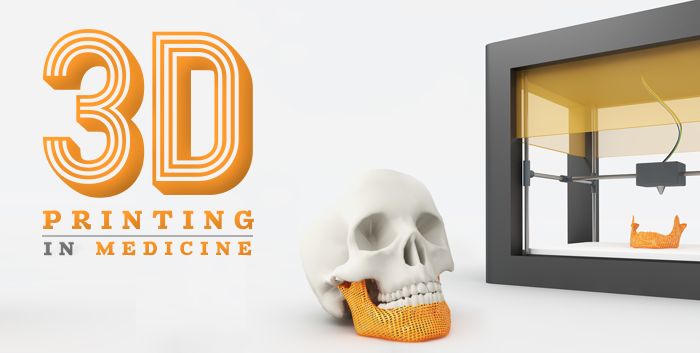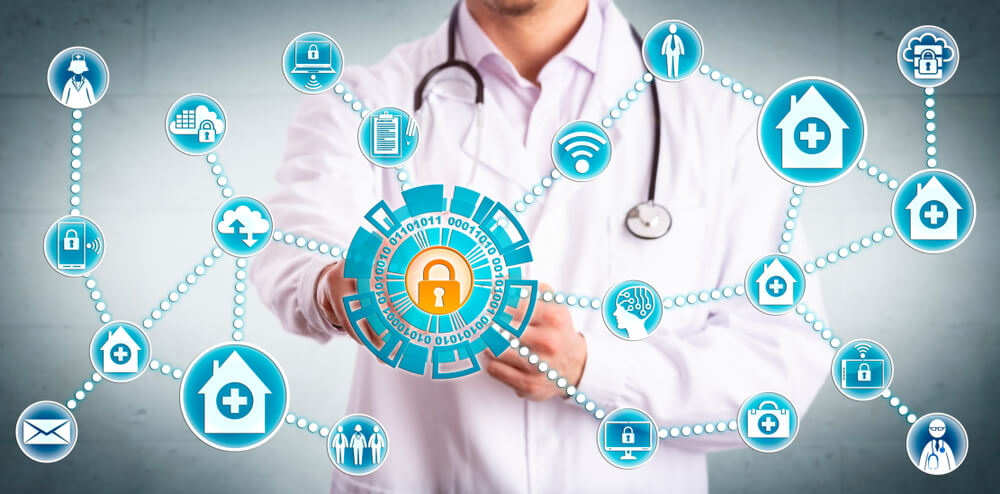Improving patient outcomes and reducing denials are among the primary goals of all healthcare organizations; what both of these goals have in common is that they can both be achieved through a clinically driven revenue cycle. Integrating clinical data into claims processing will significantly reduce denials, leading to fewer days in accounts receivable and, ultimately, Read more…
Health IT
7 Ways 3D Printing is Revolutionizing Healthcare
It’s hard to believe but 3D-printing has been around since the mid-80s. Since then, we’ve seen all manner of things like pens, shoes, jewelry, and even cars, printed “out of thin air”. Perhaps the most exciting use of this technology can be seen in the healthcare industry, and as the technology advances and becomes more accessible, we will see even more Read more…
Is Your Practice Perfect or Does It Need Improvement?
Maintaining a practice used to be considerably easier than it is today. Practitioners had straightforward objectives, such as getting certified, managing overhead, providing excellent patient care, and building strong patient relationships. In the 21stcentury, everything is a bit more complex. Now, electronic health records are being used to: report performance, comply with various treatment protocols, Read more…
You Should Never Be Disappointed at Year End
Too many physicians wait for their accountants to tell them if they had a good or bad year. All year long they have been busily practicing medicine, being busy means you’re doing well right? Not necessarily. The end of the year is not the time to find out that your practice needs some administrative work. Read more…
Tips for Planning Holiday Schedules to Reduce Stress
This inconveniences the patient and frustrates the physician for having not met expectations. This is a common occurrence among physicians worldwide, unavoidable at times due to emergencies or family commitments, but usually stems from a lack of planning for the holidays. Unstructured scheduling can lead to misunderstandings among the staff, which ends up adversely affecting Read more…
Healthcare Data Security During COVID-19 and Beyond
The coronavirus has hit the globe, with only some island nations and well-isolated areas reporting no cases. In this turbulent time, international cooperation has reached an impressive scale, bringing together doctors, businesses, healthcare software developers, and researchers to pursue a common goal. To allow much-needed clinical research, governments have softened the intricate data security policies Read more…
Coping Up With Healthcare’s Cybersecurity Risks
As connected care becomes more ubiquitous, cybersecurity becomes an increasingly formidable concern of the healthcare industry. With the growing use of Electronic Health Records (EHRs), valuable patient data has become more vulnerable to cyber threats. Hence, while maintaining patient safety remains a top priority for medical practitioners, ensuring data security and integrity are also emerging Read more…
3 Reasons Why Healthcare Needs The Internet Of Things?
The IoT has opened up a world of possibilities in medicine. Healthcare providers have always been skeptical about embracing new technologies. The Internet of Things (IoT) is no exception. The truth, however, is that this revolutionary technology can bring significant benefits to the healthcare industry if effectively implemented. The IoT comprises of smart devices embedded Read more…
Performance Transparency In The Digital Era
The healthcare industry is data-intensive. It generates enormous volumes of data relevant to numerous contexts, such as patient information stored on EHR, metrics for quality measurement, performance-related quantitative information, and so forth. This data is particularly useful for all key stakeholders at different levels. This is primarily why they are always keen to understand and Read more…
Why Should Your Practice Embrace Digital Health Technologies
There are plenty of digital health technologies that can help transform your medical practice. Here’s why you should embrace them wholeheartedly. The patient role in healthcare settings has radically transformed from a passive role to an active one. They are increasingly eager to embrace forward-looking technologies to participate in self-care actively. With this, we witness Read more…








